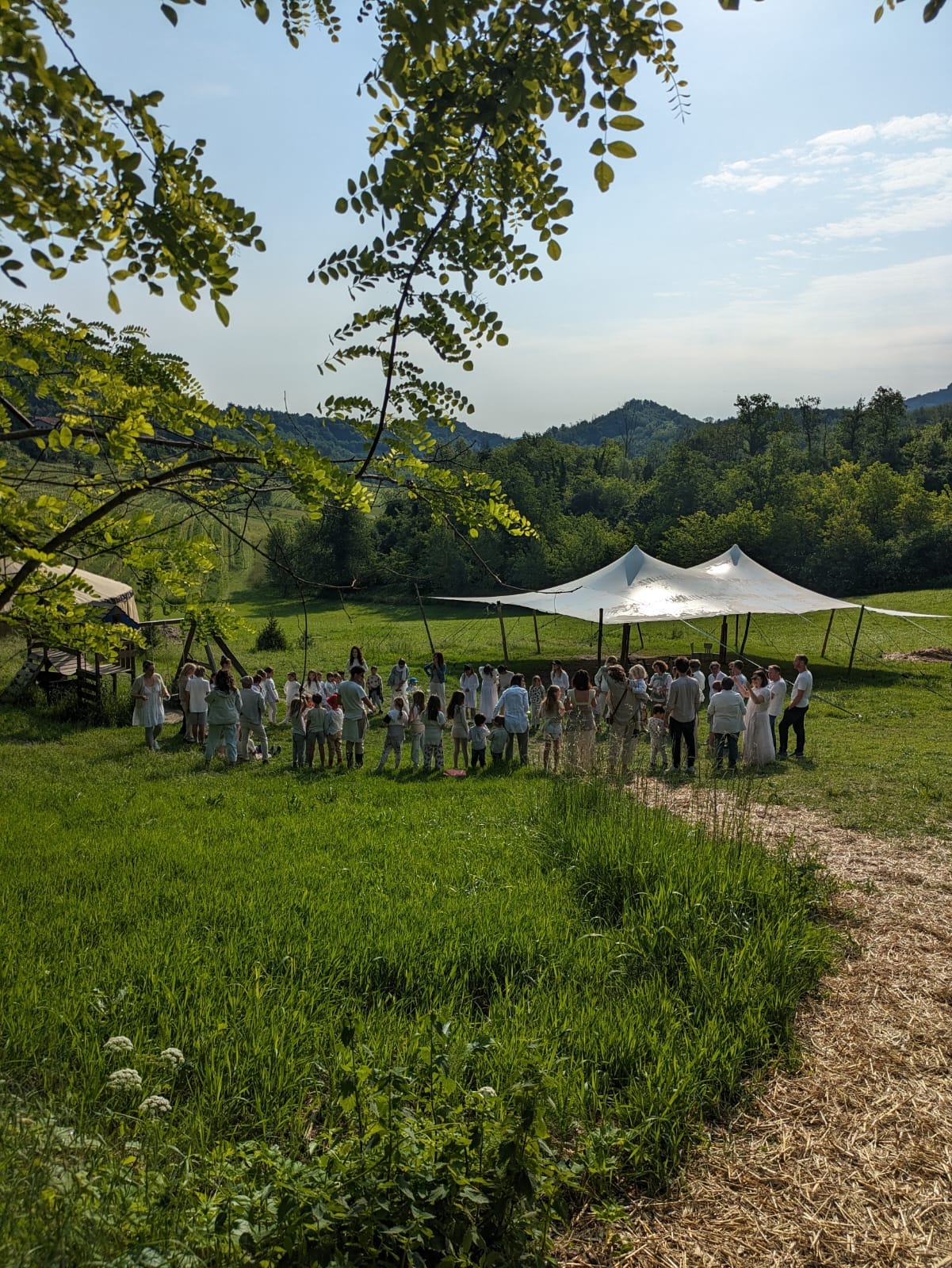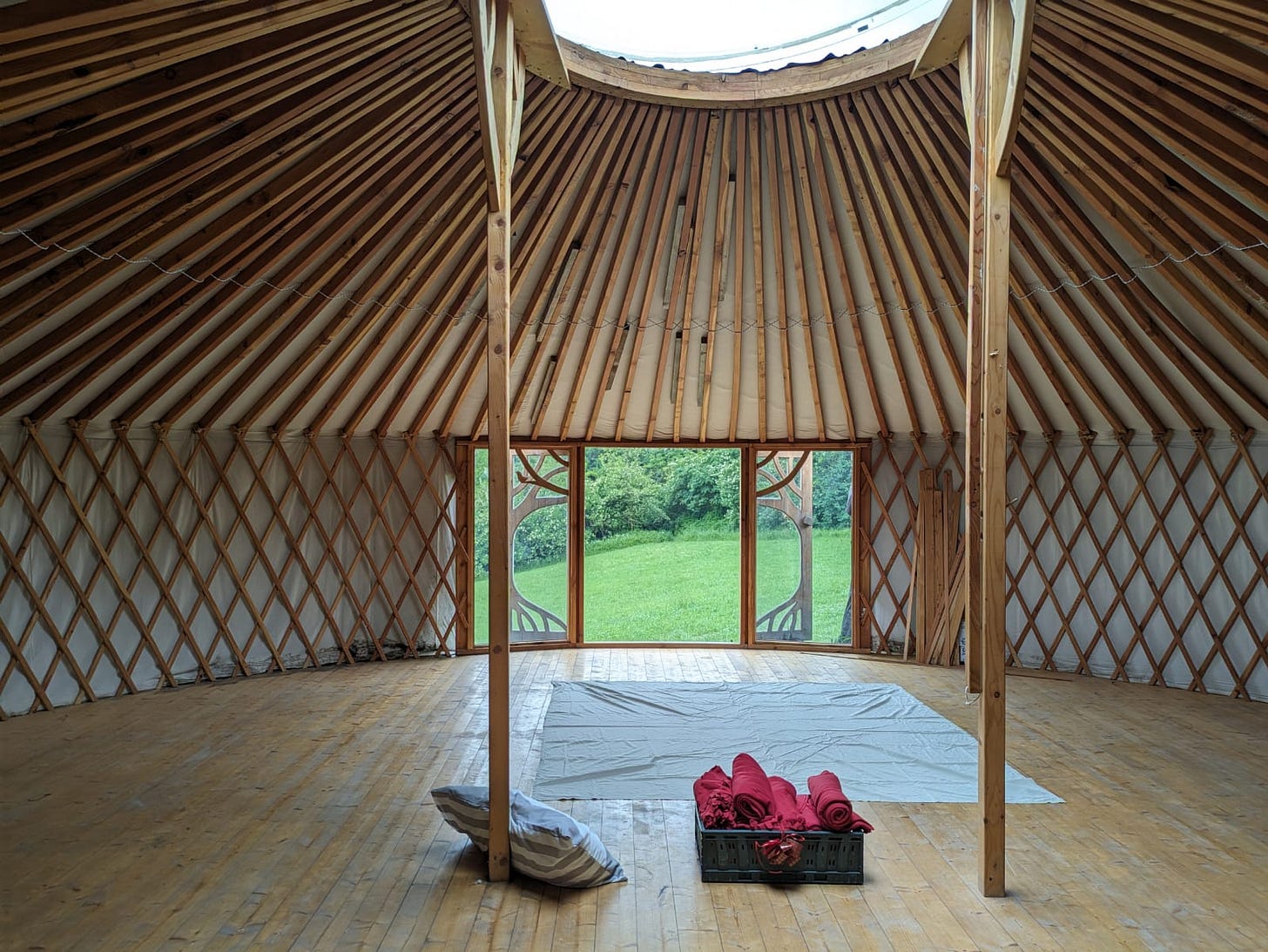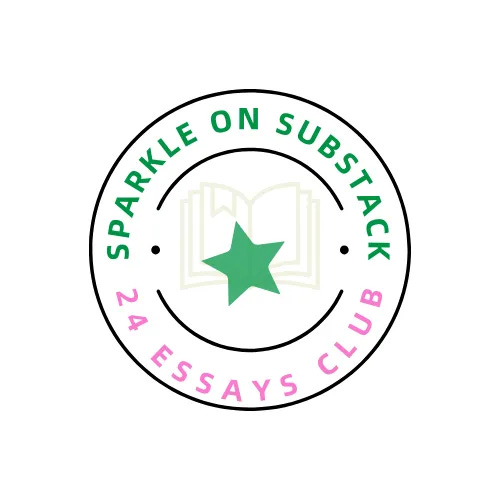4 Memories Relating to Language, Translation and Voice
An inspiration, a dream, an experiment and a reflection.

An Inspiration
Some time in 2017 I turned up alone to a small East African restaurant in the centre of Cape Town. A modest crowd of people mingled between rows of chairs among pushed-back tables. They moved to and from the bar, ordering a meal for later in the evening and settling themselves with a drink before the performance started. This was my first time attending Story Club; a gathering of storytellers and story lovers.
When the time came for the crowd to settle down a woman with very short hair, dressed in a beautiful printed dress, stepped forward and began to sing. Her voice hung in the air, gently, even humbly, calling our attention. The crowd fell silent and took their seats, eagerly awaiting what was to come.
Story Club consisted of a performance by a professional storyteller, followed by an open mic session for amateurs and those looking to practice a new story with an audience. I had arrived with an intention to stand and tell but there were numerous voices in my head opposing the idea.
When the main performance drew to a close, the woman with the awe-inspiring voice, who I now know to be Philippa Kabali-Kagwa, stepped forward once more to open the floor for sharing. I don’t remember who stood up first, but I remember it was not me.
I knew I had to stand and speak. I could already taste the disappointment of letting this moment pass me by. I was also very afraid. When Philippa moved to the front of the room for the third and last time my limbs were in disagreement; one leg frozen, one ready to rise, the arms equally conflicted.
She did not sing this time. She was silent. An invitation had been issued for whoever would respond. It was me. I wanted to. I felt compelled to.
Maybe somebody else will stand, I thought, but nobody else stood. Maybe the time will run out, I thought, but apparantly there was all the time in the world. The silence remained and I knew I was the only one to fill it.
She held that silence. She held it beautifully. She held it for me. I had never before felt so tormented and so peacefully at home in the same moment.
The naysaying voices in my head had time to give me all the reasons why I shouldn’t stand and when they had listed them all, she was still silent. The reasons to stay seated ran out. I stood.
It was one of those quiet, uneventful, first times. One of those moments that takes a lot of courage but perhaps doesn’t look like much on the surface. One of those unassuming moments that changes the trajectory of one’s life.
Philippa came to mind this week as I reflected on who I used to be, who I wanted to be (which in that moment was her), and who I’m becoming. I too can comfortably hold silence now. I can stay with it and listen to it and sense in myself when it is the moment to speak.
What’s more, when it is time to stand, when there are words inside me pressing to get out, my limbs do not disagree.
Whether I’m able to stand in front of a chattering crowd and settle them with a song is still to be seen but, if I’m not there yet, I look forward with great anticipation to the day I arrive at that destination.
A Dream
There is an energy of possibility that comes with a group of people who are trying to do things differently; who believe in making something new. There were elements of that energy in my last ‘real’ job at a tech startup in South Africa back in 2019.
I was responsible for establishing customer service processes and I remember dreaming about serving customers in their mother tongue; a big (and prohibitively expensive) task in a country with 11 official languages.
Imagine the sense of being seen that would come with being addressed in your own language. Imagine having the freedom to respond in that same language. Imagine the brand loyalty that could result.
Of course, you don’t have to imagine. You speak English. The capitalist online world revolves around you. Us. But those of us who wander beyond the comfort of our own language know; it is a gift to speak, with ease, and be effortlessly understood.
An Experiment
Last week, I facilitated a story-sharing circle with a bilingual group. Some participants spoke Italian, some spoke English and some spoke both.
I felt translation was necessary to open the space and to set the boundaries necessary for a sense of safety. I felt it was necessary, briefly, for closing the space too. Yet, for the bulk of the story sharing I experimented with no translation.
When I was moved to tears, by words that I barely understood, it confirmed to me that empathy and human connection do not need to make sense in the mind. A phrase came to me in the days that followed; it felt like the voice of the circle itself.
We will listen to you, even if we do not understand you.
I was reflecting on language, but this phrase went deeper than that.
When your moments of despair seem inconsequential to me, I will listen to you, even if I do not understand you.
When you are a man and I am a woman, I will listen to you even if I do not understand you.
When you are old and I am young, and vice versa, I will listen to you even if I do not understand you.
This does not mean you are right and I am wrong, but it does mean I might learn something. It means I am open to that possibility.
A reflection
Yesterday morning I attended the Whitsun celebration at my daughter’s school. Whitsun, also referred to as Pentecost, is a Christian holy day that I was not previously aware of.
The story shared was that of the holy spirit descending and unifiying all the languages.
As a school body we’re a pretty international group and the occasion was marked by a variety of parents and teachers reciting the following biblical verse in their mother tongue:
In the beginning was the Word, and the Word was with God, and the Word was God.
He was in the beginning with God.
All things were made through Him, and without Him nothing was made that was made.
In Him was life, and the life was the light of men.
That light shines in the darkness, and yet the darkness did not overcome it.
I could count 7 languages, in additon to the school’s dominant languages of Italian and English. The energy of people speaking in their mother tongue is powerful. To hear the same meaning expressed in completely different words was quite extraordinary. To hear a familiar person speak in an unfamiliar tongue was eye-opening. I saw something that I don’t usually see. I heard voices that are often silent.

Given my own faith tradition, I find myself reflecting on two verses from the Qur’an that feel deeply related to this subject.
The first is this verse that points to the beginning of language (or at least the beginning of nouns!)
He taught Adam the names of all things.
Then he arrayed them before the angels and said,
“Tell me the names of these if you are telling the truth.’
They said, ‘Glory be to You! We have no knowledge
except what You have taught us.
You are the All-Knowing, the All-Wise'.’ (2: 31-32)
The second is this verse that directs us to our points of difference:
Mankind! We created you from a male and female, and made you into peoples and tribes so that you might come to know each other (49:13)
I’m left with a question (or three). Why would it be important that we come to know each other? What might be found there, in the places where we are different? What might happen if we could listen, even if we don’t understand?
This essay is 3/24 for the 24 essays club with




Thank you for sharing. I’ve come to enjoy listening to things- poems, songs, conversations- in languages I don’t understand as an immersive experience. Recently I attended a jummah where the sermon was in Spanish, a language I have a beginner-intermediate knowledge of. I’d didn’t listen to understand, I just listened and felt I caught more of it by doing so, if that makes sense. I felt more attuned to the tone and sentiment than if I were focusing on catching the words I knew.